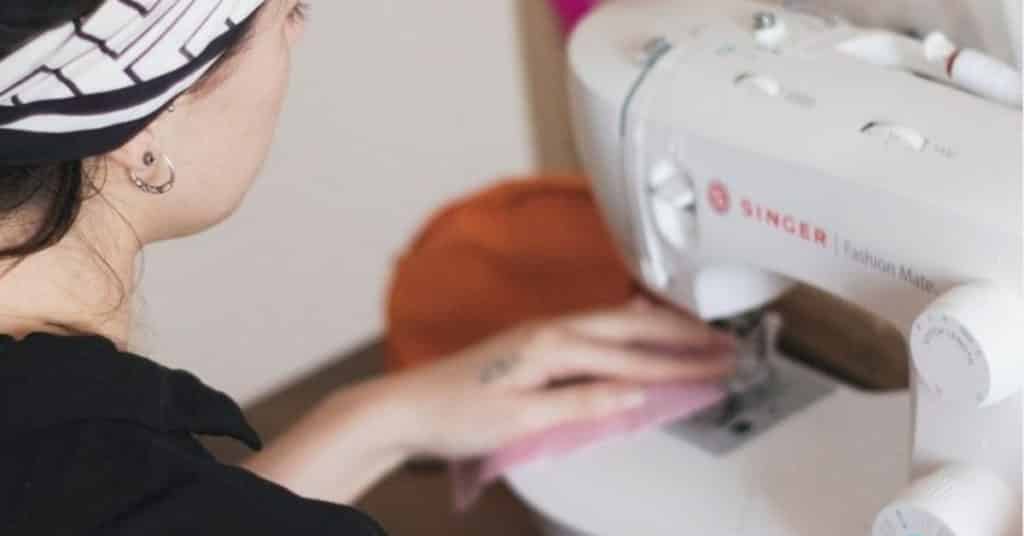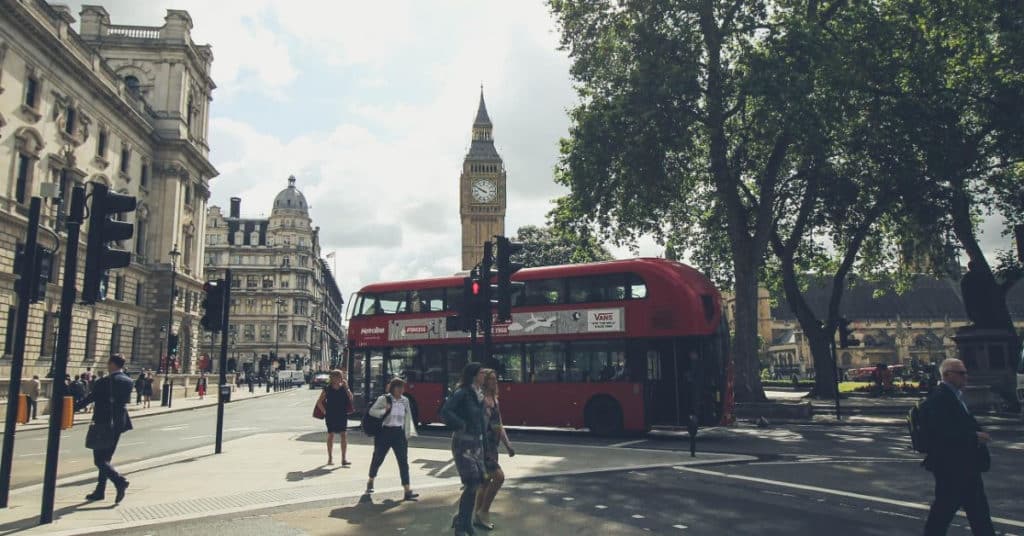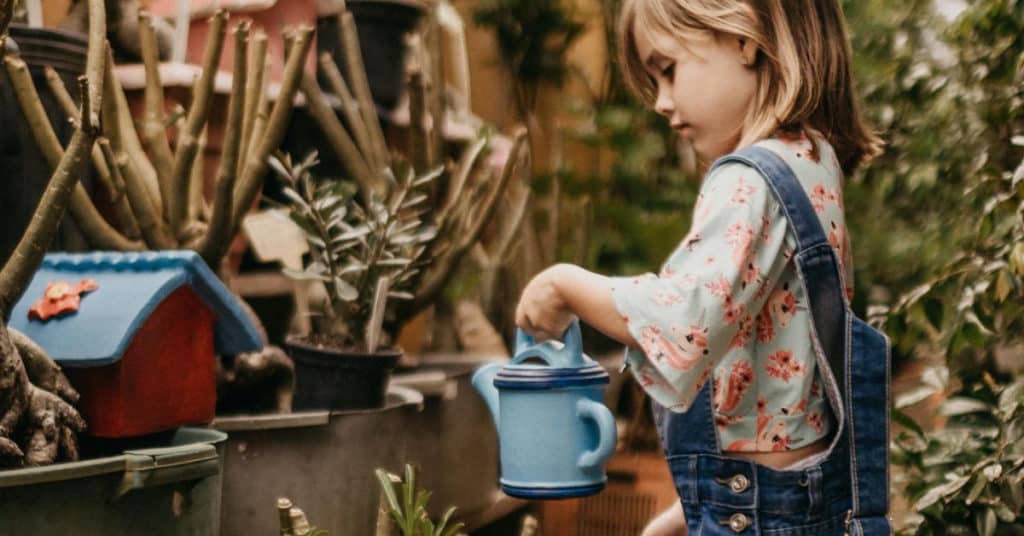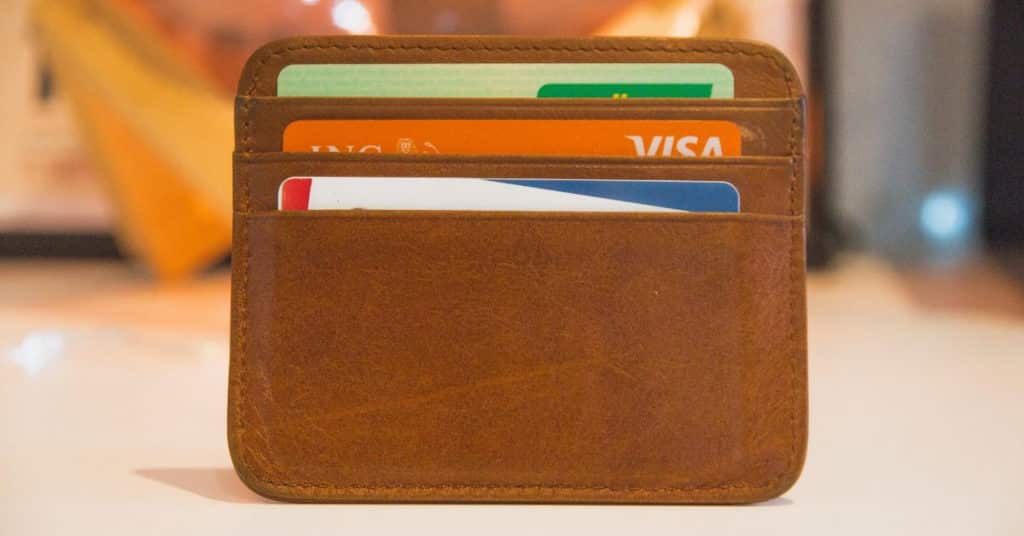Our founder Roberta Lee shared with us her experiences of being more eco-conscious over the last few years and her tips for getting started. It’s incredible to see how all of the small changes can add up, and that’s just for one person. We can conquer a lot with a little thought and guidance. We truly are stronger together.
It was in April 2018 that Ethical Brand Directory hosted it’s very first online summit Called Going Green in 2018 and again in 2019. We are proud to have been having the conversation with others about the importance of taking care of our planet.
As individuals, and as businesses, what we do has an impact, it’s important to recognise that we have to work together to make things better, finger pointing isn’t going to undo the situation we are in with the planet. It’s about taking action. No matter how small, we can all play our part.
1. Define what’s important to you regarding the planet

Before diving into new commitments and making changes in your life, take a moment to think about what’s important to you and why you’re doing it. If you don’t begin with this – you’re not going to be emotionally attached to the experience.
2. Record what you do

Get started with a 7/14 or 28-day diary. Record what you do, what you buy and what you throw away. Then review. Identify one or two small changes you could make and then make a commitment, make a pledge to announce your intended changes and share on social media, or pin to the fridge for the family to see. Do this because it holds you more accountable than simply saying you’ll do it in your head. (see point 8 below)
3. Switch disposables for reusables

If you love your morning lattes, get yourself a reusable coffee cup. This is a small switch which is kinder to your purse too. Most coffee shops offer a 30-40p discount for being an eco-conscious consumer 🙂
If you buy bottled water, take a moment to think about what 365 days worth of bottles look like. Investing in a water filter and reusable bottle is much more environmentally friendly and cheaper.
Simple switches I’ve made include:
– Filter your own water (charcoal sticks are a great eco-friendly option to traditional water filters!)
– Invest in a soda stream if you love bubbles – I get so much use out of mine, it has saved hundreds, if not thousands of plastic bottles going into the recycling bin
– Get a set of reusable cutlery you can pop in your bag if you head out for the day
– If you grab food on the go whilst at the office, take your own container and ask them to use that instead of taking single-use containers (even if they are recyclable – because recycling isn’t the answer to everything)
– Invest in some metal straws so you can always say no to single use plastic ones
– Carry a tote bag with you wherever you go, so you don’t get caught short and have to buy a plastic bag (even if it’s a bag for life version, it’s better to avoid them all together)
– Switch your plastic toothbrush to a bamboo one
– Try toothpaste tabs instead of toothpaste
– Switch to shampoo bars
– Use washable makeup remover pads
– Switch to a metal razor instead of a disposable plastic one, or better yet get the laser 😉 and save time shaving all together
– Use up the last of that cling film and then switch to bees wrap instead, or if you’re vegan use cloth versions instead. If like me you’re obsessed with jam jars, use them for storing your food.
4. Be prepared

If you’re not great at planning your days and just buy stuff on the go then you need to pack a few eco-essentials into your bag every day. A bottle, a bag and cutlery are useful items to always have on hand. Try not to go clothes shopping unprepared, always have a list of things you need and that match what you’ve already got. Never go food shopping hungry… you’ll end up buying more than you need.
5. Buy Less, use what you have more + Repair

Use what you have already got. This is particularly important when it comes to beauty products (which we tend to hoard) and our wardrobes. Fix fallen hems, and sew up holey socks. There’s plenty we can ‘do’ to prolong the life of things we’ve already spent money on.
6. Switch energy suppliers and choose to support businesses that care about the environment

If you’re a homeowner or business owner, you can switch to eco-friendly energy providers like Bulb. Get advice on how to lower emissions from your own home.
Things like using less water at home, washing clothes less, turning the heating down at home or in the office, switching lights and appliances off when not needed are all small things that can help the planet and your wallet 🙂
7. Car Pool, Walk or Cycle

Car sharing is a great way to reduce your carbon footprint, getting more cars off the road can only be a good thing – consider if you can swap one or two days a week using public transport or cycling. Plus it’s great for your health to actually get 10,000 steps in a day and ride a bike up a hill. Your heart will thank you for it in later years.
8. Go Slow!

Don’t try and go all eco at once. Trust me, if you try and do it all it’s easy to get overwhelmed and then end up doing nothing at all.
Make sure you are around others who care about making the same commitments as you. It’s easy to fall off the wagon or get demotivated if you’re in the company of others that don’t share your vision and concern for the future or understand why change is needed. Tackle one small change at a time.
Focus on some easy wins, start with small swaps that are achievable and have multiple benefits to you and the planet.
Celebrate them, every time you make small changes because they all add up!
9. Get Your Kids to Go Eco

If you have kids, you’ll know just how much stuff you get through in a week. And how messy your home can get. Kids quickly grow out of things or lose interest, resulting in lots of clutter. Not to mention how often the bins get filled up from packaging and wrappers… the ‘stuff’ kids get through is never ending.
Choose to rent clothes and toys, as well as using biodegradable nappies or switch reusable ones. Children can be just as happy, if not more entertained by having less. Kids thrive on their imagination – so instead of just buying more things, try and get creative and work with what you’ve got.
If you can find time to bake and make snacks for the kids without all the wrappers, that’s a huge win when it comes to eco-points. Those wrappers just end up in landfill and will stay there for thousands of years.
When it comes to being a parent, ownership of everything for your kids just isn’t necessary. The rental market and preloved market is booming at the moment – there’s something out there for everyone. Explore what you could rent instead and save space and money.
10. Switch your bank

By simply rerouting your money and savings to a more ethical and greener bank, you can feel more secure that your savings are being invested into things that are aligned with your values.
If you’ve got a tip to share or you’d like to write a feature blog on how to Go Green, we’d love to hear from you, leave us your thoughts in the comments below.
